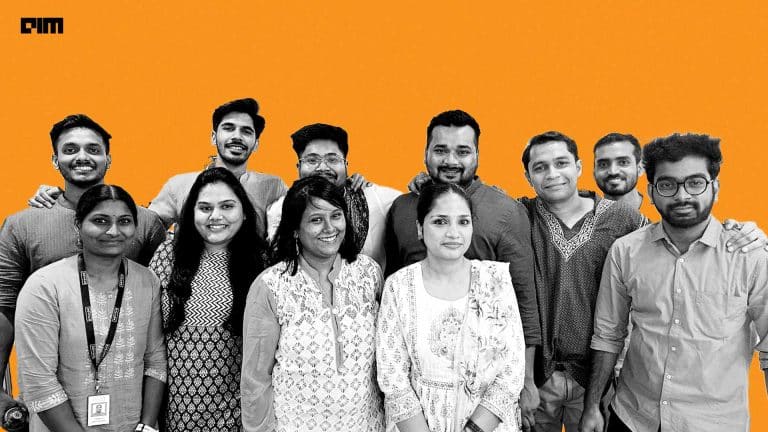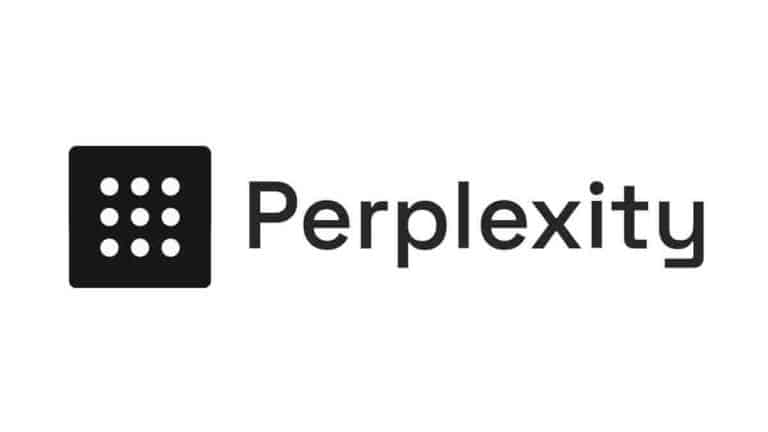The journey to equality has been a bit of a tedious trek for the LGBTQ+ community in tech (and elsewhere). While some big names in the industry have opened up about their identities, issues like workplace safety and acceptance are real and still hold back many from being themselves.
The evolution within the industry, albeit slow, has been happening with organisations acknowledging the pivotal role diversity, equity, and inclusion (DE&I) play in shaping a more conducive work environment.
Sharing a similar story is Joseleen Princy C, a senior business system analyst at Texas-based advertising and technology company Epsilon. Beginning her career as a developer at HCL, she later moved to Cognizant before joining Epsilon where she has been working for almost two years.
A computer science engineer from Chennai, Joseleen identifies as a transwoman and has had her share of troubles with social stigma and workplace biases. But Epsilon provided her with a safe space for coming out and sharing her story.
Internally, she collaborated with the DE&I team to conduct sessions, participated in events, and engaged in media campaigns that reached a broader audience, fostering understanding and acceptance. These efforts collectively contributed to creating a more inclusive and supportive environment for LGBTQ+ individuals within the organisation.
“Epsilon gave me the platform to express myself and advocate for the rights and well-being of my community. I’ve seen a positive impact on the personal and professional growth of my colleagues. Through networking, education, and mentorship, we are empowering our community to thrive in all aspects of their lives,” Princy told AIM in a candid conversation last week.
Epsilon’s D&I Initiatives
According to Princy, the comprehensive support provided by Epsilon during her onboarding, including insurance and medical benefits, has been noteworthy. Of particular significance is the personalised assistance with bank-related documentation. Epsilon took charge of this process, creating a specialised system for efficient compensation processing.
“One thing that I would like to highlight was my bank-related documentation, which Epsilon took over. They generated a special system for me to get my compensation. They also ensured my bank procedures and signatures were in place. This personal attention made me feel valued as an employee and has fostered a sense of trust and transparency within the organisation,” said Princy.
Epsilon aims to create a robust culture of inclusivity, free from biases, to give a respectful and welcoming environment to all team members. The company’s DE&I initiatives are overseen by a dedicated DE&I Council, led by the chief diversity officer, and include Employee Resource Groups (ERGs) that focus on various diversity dimensions.
This commitment is reinforced through mandatory periodic training and workshops covering various topics such as POSH, unconscious bias, ethics, and privacy. “These training ensure that all employees are equipped with the understanding, knowledge, and skills to promote a culture of inclusivity in their daily interactions,” said Princy.
Besides imparting practical knowledge, these initiatives promote empathy and understanding among colleagues, fostering a harmonious and collaborative work environment that reflects the organisation’s dedication to fostering an inclusive workplace.
Beyond training, the company’s efforts encompass recruitment, talent acquisition, learning and development, featuring programs like unconscious bias training. Employee engagement is fostered through surveys and events celebrating diversity. Additionally, Epsilon engages with communities and tracks progress using metrics like workforce representation and participation in DE&I programs.
Addressing Data Gaps for Trans and Non-Binary Individuals
The lack of data on non-binary and transgender individuals stems from challenges in existing gender categorisations. Traditional binary classifications prevalent in data collection often render non-binary and transgender individuals invisible, with estimates suggesting that only 0.1–2% of people identify as transgender or diverge from the cisgender classifications.
These groups face exclusion and discrimination across various life aspects, but limited evidence exists due to the pervasive use of binary gender classifications in data collection instruments.
The minority status of this group, coupled with smaller sample sizes, increases the risk of personal identification in datasets, limiting the ability to derive statistically meaningful insights about non-binary people.
However, the revelation of one’s trans and non-binary identity goes beyond mere employment. There have been several instances where individuals have not been recruited because they chose to reveal their sexual identities.
Beyond employment considerations, the act of coming out as a trans or non-binary person is deeply personal, involving the challenging navigation of societal norms. To address this, Princy suggests support from companies is crucial. This should come in the form of DE&I policies, schemes, and similar supportive systems.
“Improvements should also extend to insurance coverage that includes the third gender, incorporating medical support for necessary procedures. A call for an equal and independent work atmosphere, coupled with opportunities for representation and community welfare awareness, further contributes to fostering inclusivity,” said Princy.
For those struggling to come out, “my advice is to take a leap of faith. Despite initial challenges, there is now widespread awareness and support available. Embracing your true self can lead to a happier, more fulfilling work-life balance,” she said.
Today, companies have open policies, providing a systematic process. She encourages reading policies, and contacting DE&I points of contact, HR, and managers to navigate the systematic process. The industry, she notes, is increasingly supportive, fostering a culture where everyone feels valued and respected, irrespective of background or identity.



















































































